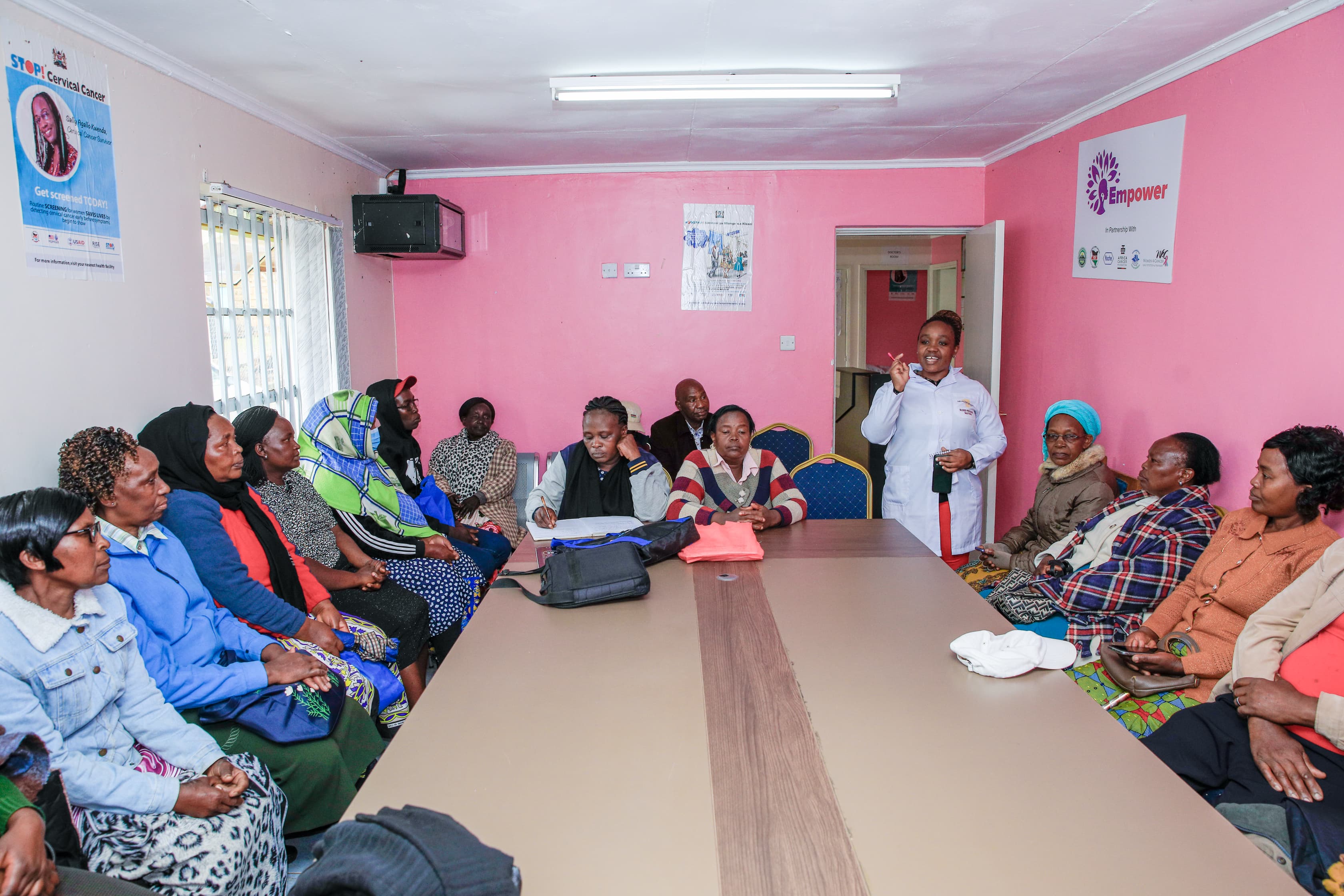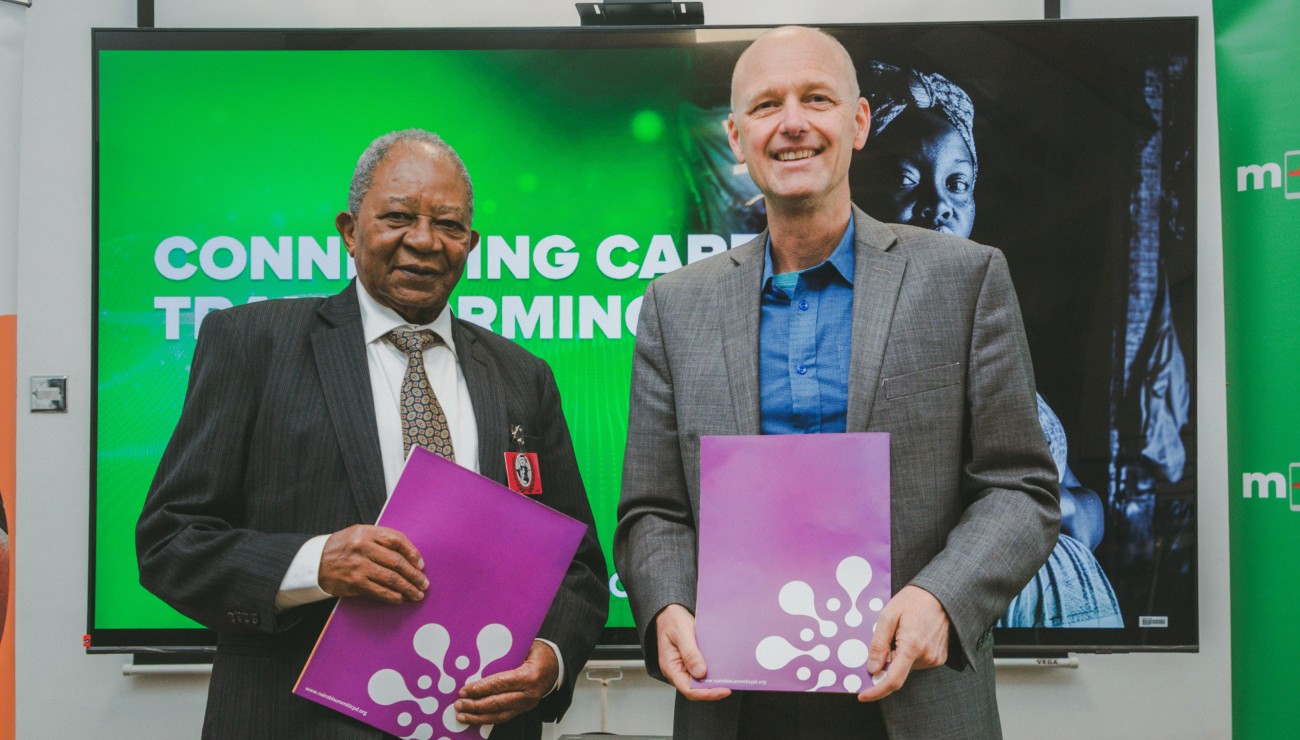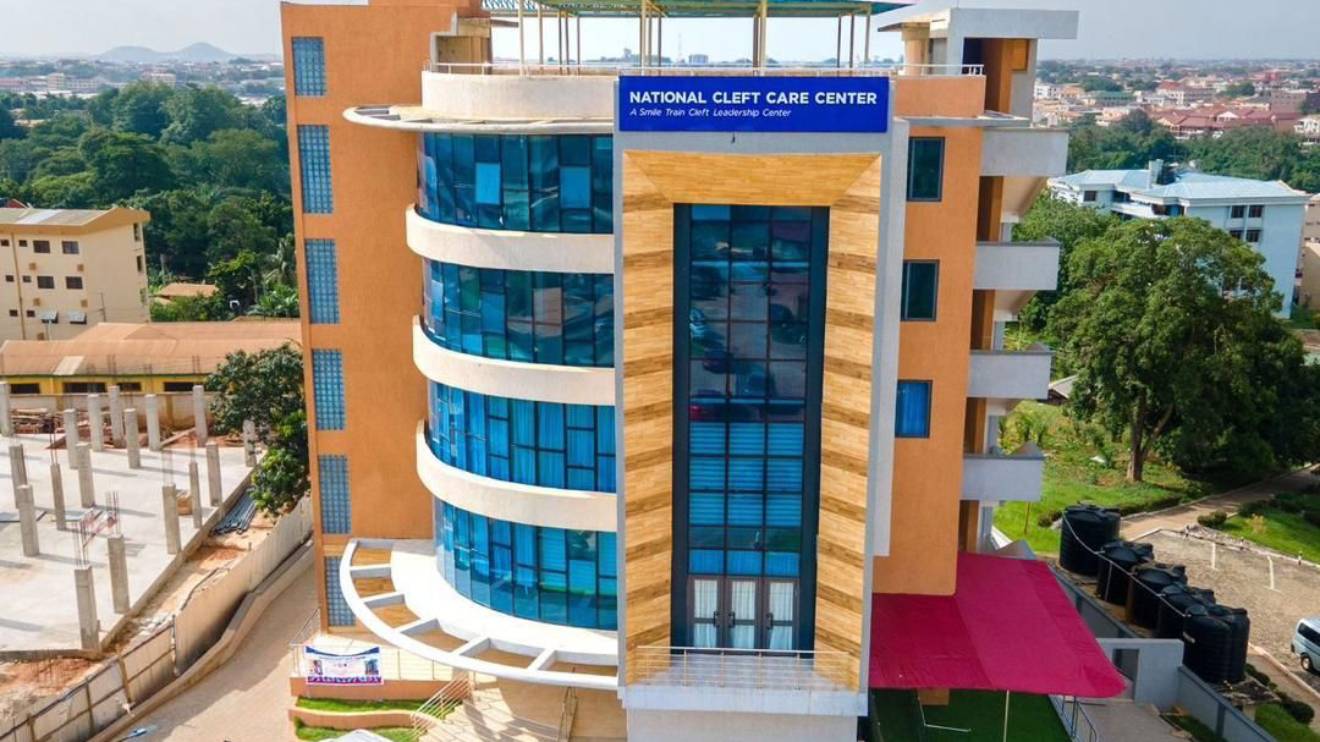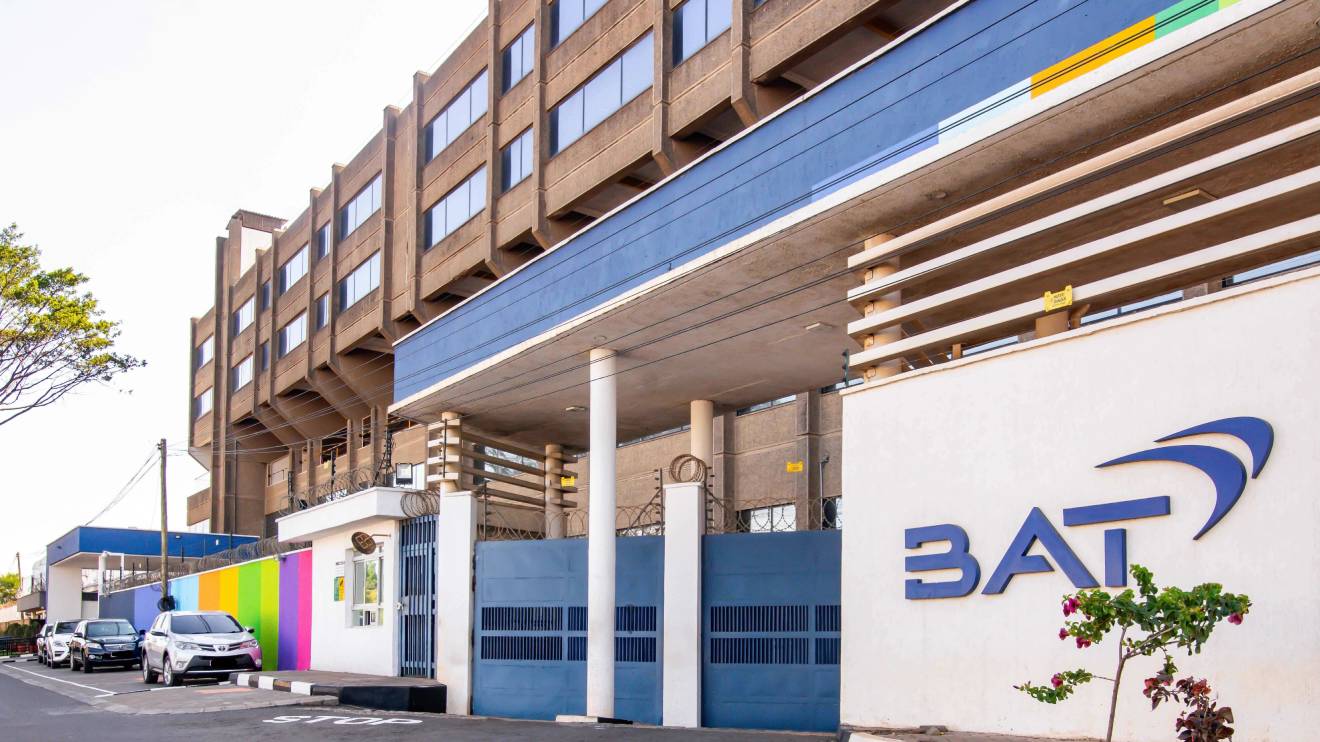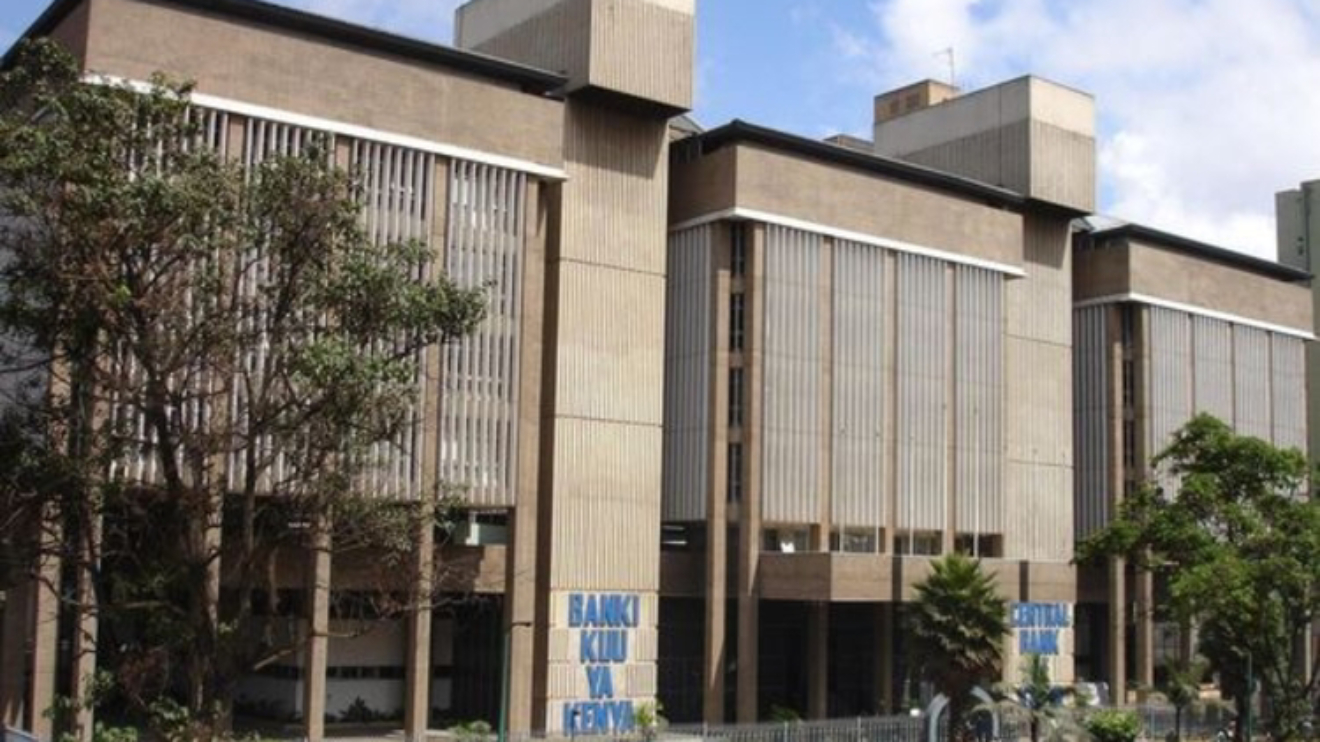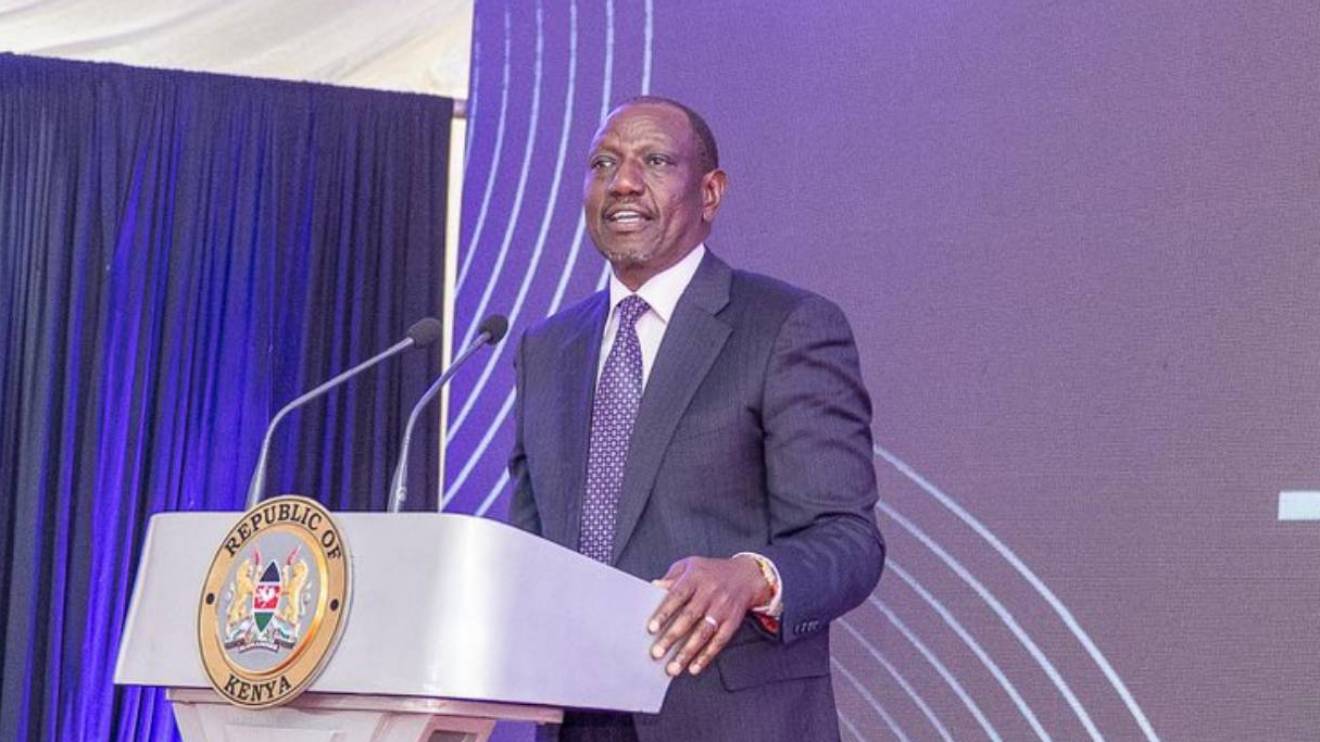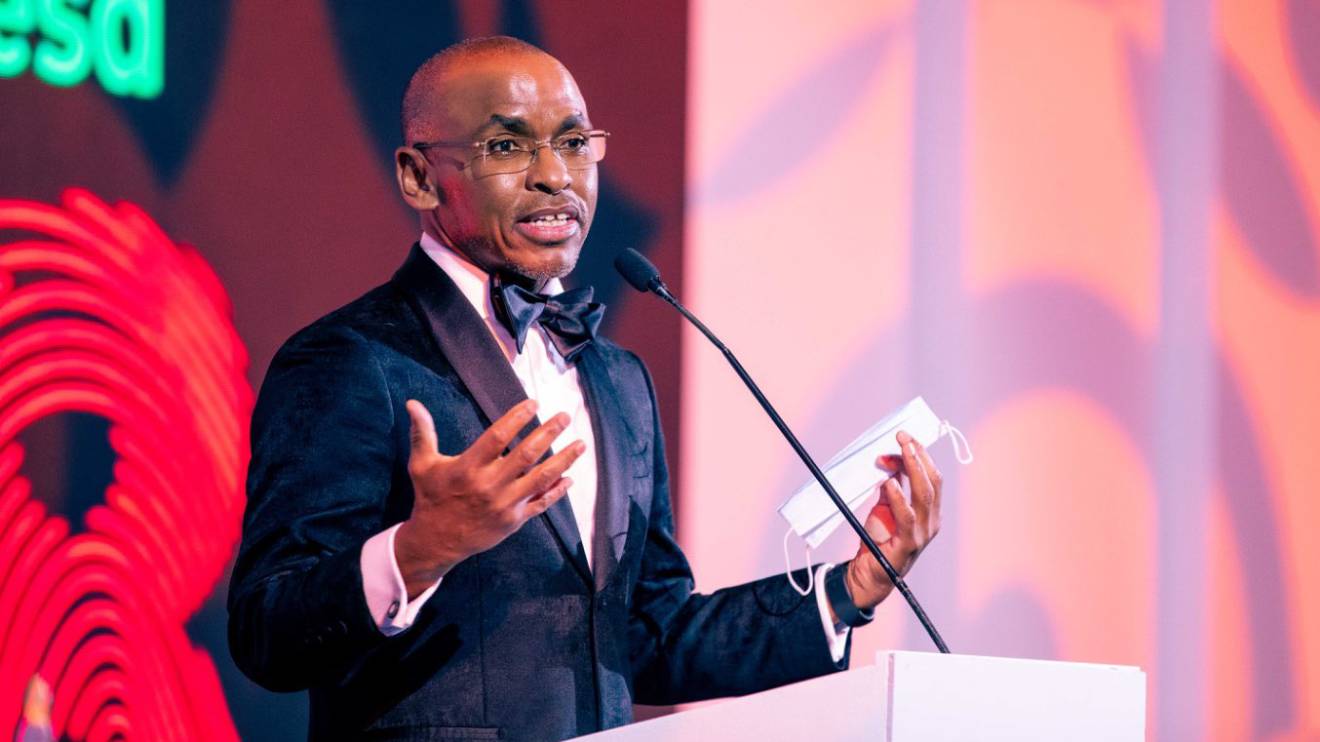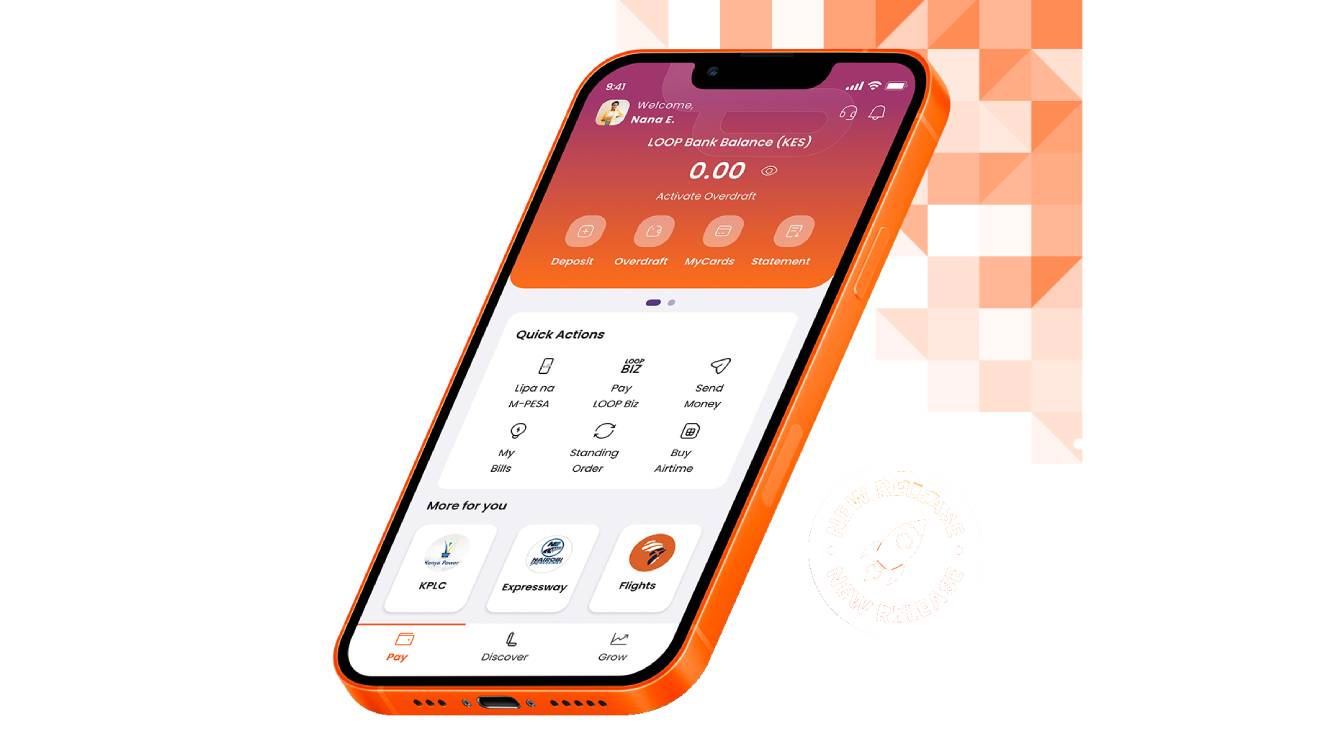The Ministry of Health has attributed the struggles of the Social Health Authority (SHA) to alarmingly low contribution rates, with only four million of the 18 million registered Kenyans actively participating in the scheme.
Principal Secretary Harry Kimtai revealed this stark reality to the National Assembly Committee on Health, highlighting a significant disparity between registered individuals and those contributing financially.
“There is a disparity between the registered persons which is 18 million individuals against the four million who are actively contributing financially,” the PS stated.
This shortfall, primarily affecting the informal sector which constitutes approximately 80 per cent of the population, has severely hampered the SHA's ability to function effectively.
Kimtai explained that the informal sector’s contributions are expected through means testing, a process seemingly plagued by challenges. He cited irregular income, limited financial literacy, and difficulties accessing formal financial systems as contributing factors to the low uptake.
Read More
Furthermore, he acknowledged that at least 30 per cent of the population cannot afford the contributions without government subsidies, and the process of identifying indigent individuals is underway.
The Committee, chaired by Robert Pukose, grilled Kimtai on various aspects of the SHA's operation, demanding clarity on several critical issues. Pukose stressed the need “to move with speed” regarding the release of information on vetted healthcare facilities and benefit tariffs, giving the ministry a one-month deadline.
“This information has to be out there,” he asserted.
Overseas treatment also became a focal point of contention. MPs raised concerns about the capped Sh500,000 allocation, the perceived bias towards referrals to India, and the frustrating processes patients face when seeking treatment beyond Kenya's borders.
Nyeri MP Duncan Mathenge recounted his personal experience, noting that approval for his mother’s overseas treatment was delayed because it wasn't in India.
Kitutu Chache South MP Anthony Kibagendi echoed these sentiments, stating, “You have been telling patients you're yet to establish where patients should go and have denied patients who want to go. I am not happy with how you try to demonstrate it's okay and things are going well. SHA is frustrating patients who want to seek services beyond our borders.”
Mogotio MP Reuben Kiborek, while not complaining about the referral system itself, emphasised the need to enhance the Sh500,000 cap and improve communication on benefit tariffs.
Nandi Woman Representative Cynthia Muge urged SHA to negotiate with overseas hospitals to avoid quotation on charges.
Kimtai, however, distanced himself from negotiations with overseas facilities, stating that these are matters for doctors, hospitals, and patients’ families.
He clarified that the Kenya Medical Practitioners and Dentists Council (KMPDC) recommends overseas treatment, and SHA only issues a guarantee of payment to the chosen facility.
“Approval of oversees treatment is based on the preference of the doctor and where treatment will be done and gives recommendations to KMPDC. SHA only issues a guarantee of payment to that facility. We shall only give Sh500,000 we do not come in for negotiations because it is between the patient and the doctor and facility. It should be based on a referral system,” he explained.
Pukose responded that the lack of a proper referral structure is giving SHA a “bad image.”
Seme MP James Nyikal called for a re-evaluation of the Sh500,000 cap and a proper referral system, noting that some referrals are made by doctors who are “tired” of providing care.
The committee also raised concerns about the ongoing government financial crisis impacting the provision of chronic and critical illness services in public hospitals.
Kimtai confirmed that the SHA's emergency, chronic, and critical illness package is only partially operational, covering emergency services for the first 24 hours in level five and six hospitals.
“At the moment, the fund provides coverage for urgent care, resuscitation, and stabilisation for specific emergency services as outlined in the Gazetted benefit package,” he explained, adding that these services are free for the first 24 hours as the fund is Exchequer-funded.
However, due to financial constraints, the chronic and clinical illness components have not been activated.
SHA director for benefits and claims management Dr Tracy John explained that the system for these specific services was only activated in December, resulting in claims only beginning to come in at the end of December.
Digital Health Agency CEO Anthony Lenaiyara confirmed that 21.6 million claims had been submitted by last month, with the fund allocated Sh2 billion in the current financial year.
Finally, the committee addressed the low benefit tariffs for dental and optical care, with Nyeri MP highlighting that the current tariffs encourage tooth extraction, which he termed “criminal” according to the World Health Organisation.
Muge and Pukose both criticised the Sh1,000 annual allocation for optical care and Sh2,000 for oral care per household as insufficient.
“Providing Sh1,000 for a household for the entire year is unfair. This should be looked at,” Pukose stated.
PS Kimtai acknowledged the concerns and assured MPs that the Ministry would review the tariffs to address the inadequacies raised.

 (1)-1727972556.jpg)
